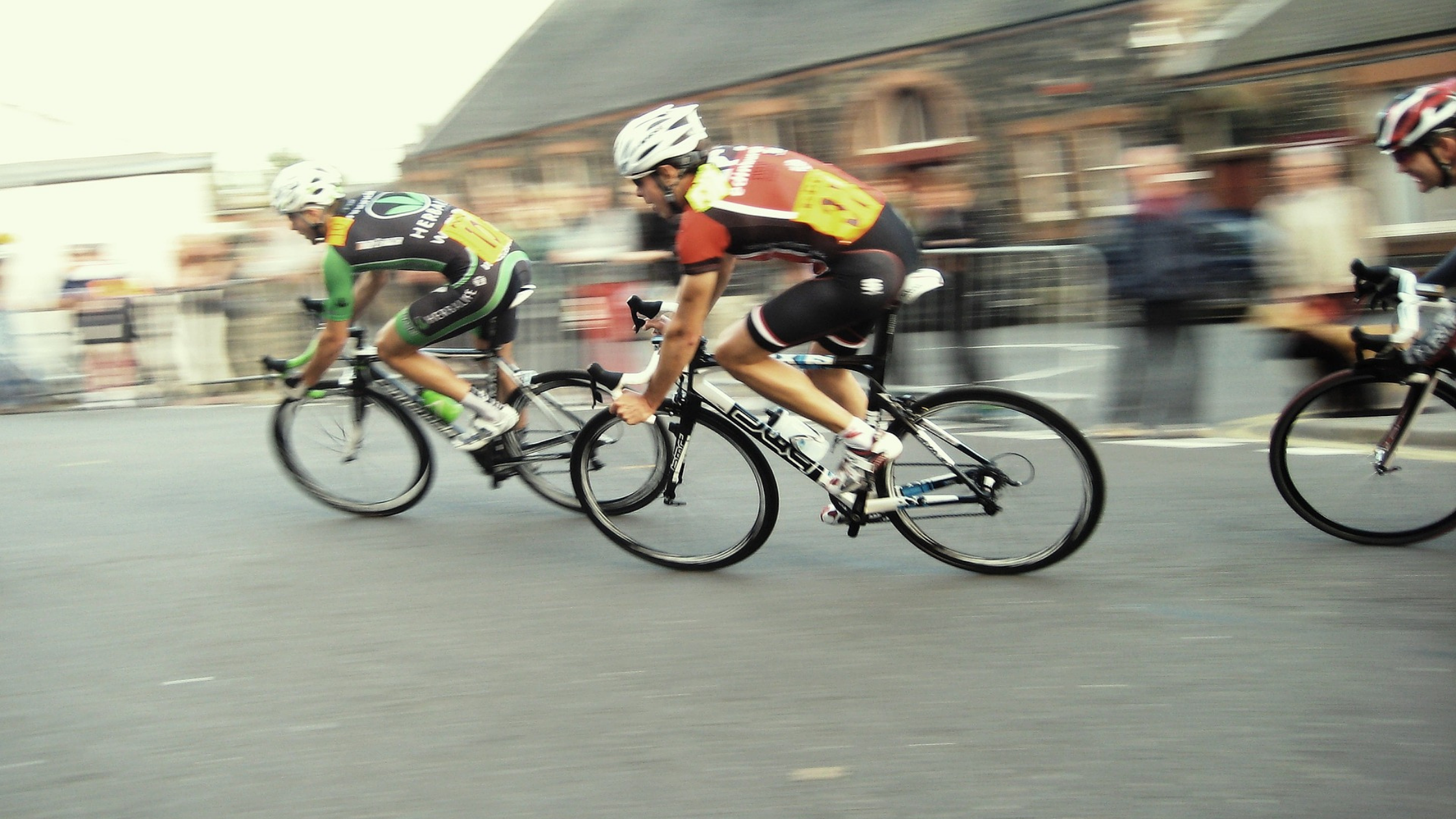Teams are like a family. They have a collective existence, history and future goals that go beyond those of each individual team member. Like families, there are norms, or rules of the road, that guide the behaviors of the group. It’s important for teams to know what’s acceptable and encouraged, discouraged or flat out not allowed. It is a leader’s responsibility to establish those ground rules for the team.
I have three rules that I live by, in my personal and professional life. There is one that is more important than all others and is core to who I am as a person and a leader. It’s very simple. Don’t lie.
Everyone I have ever managed knows this rule. They may mix up rules two and three, but everyone always remembers Rule #1. Why? Because I live it. As a leader, I can handle mistakes, bad judgement, and lost your mind moments. I’ve seen many in 20 years, and I’m sure I’ll see many more. All I ask is don’t lie about it.
In return for asking my team not to lie to me, I commit to never lying to them. It wouldn’t do me any good anyway. Anyone that looks close enough can see the truth on my face, so I do everyone the courtesy of being as honest as possible. I believe this creates an environment of trust, which is the foundation to any successful team.
In the last few weeks, I’ve spent a lot of time thinking about Rule #1 and why it is so important. It really came home to me when the news hit that Lance Armstrong was finally going to admit to doping. I couldn’t believe that Lance had broken my cardinal rule. He lied to me.
Many of you may be thinking “so what?” He lied to everyone. He lied to friends and family. What does it matter that he lied to me? I am no one special. Just a random person that watched him win all those titles. Who never even cared about cycling, but got into it because of his story. His lie.
As someone who tries to live by the rule “don’t lie” – I bought into his conviction. I believed him. He betrayed me and everyone else who followed him, endorsed him, and rooted for him. He was seen as a leader – of a sport, a team, and a charitable organization dedicated to a worthy cause. With his confession, the title of “leader” went right out the window.
I’ve been asked why Lance is different from other athletes that have used performance enhancing drugs. From my perspective, athletes are individual contributors to team success. If one person decides to lie or cheat and is found out, it primarily tarnishes his or her reputation. Generally, the team is able to move past one individual’s actions.
Lance didn’t just lie and cheat, he forced everyone in his organization to do the same. His actions not only reflected on him, but tarnished everyone he came into contact with. I do not know of a single athlete whose individual actions have had such a profound impact on so many.
As I mentioned before, leaders set the rules for their teams. Apparently, Rule #1 for Lance’s team was “lie like a rug.” Trust is the glue that binds a team…a family. There is no trust without honesty. Because Lance’s team was founded on a lie, when push came to shove, it was every man for himself. That’s not a team. That’s not a family.
The fall of a leader and hero is not new. Certainly not in the last few months. And my reaction is not new either. Ultimately, I am just a random person that watched Lance cheat his way to seven Tour wins. I’d like to say I’m angry, but that would be too strong. Instead, I’ll say those dreaded words from childhood that none of us like to hear.
Lance, I’m disappointed in you.









